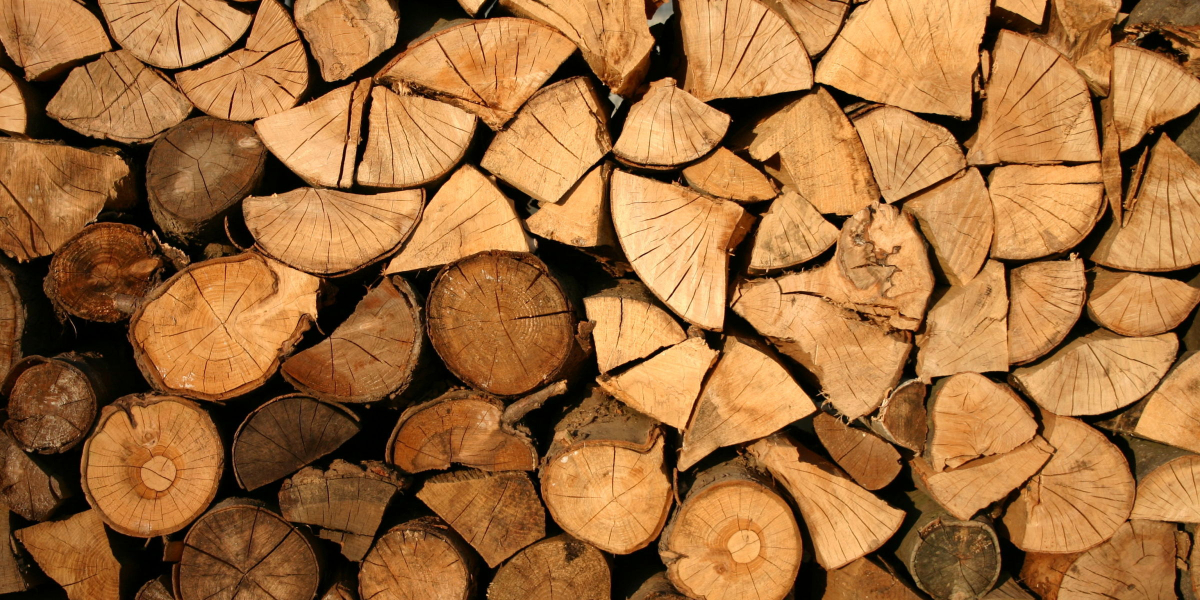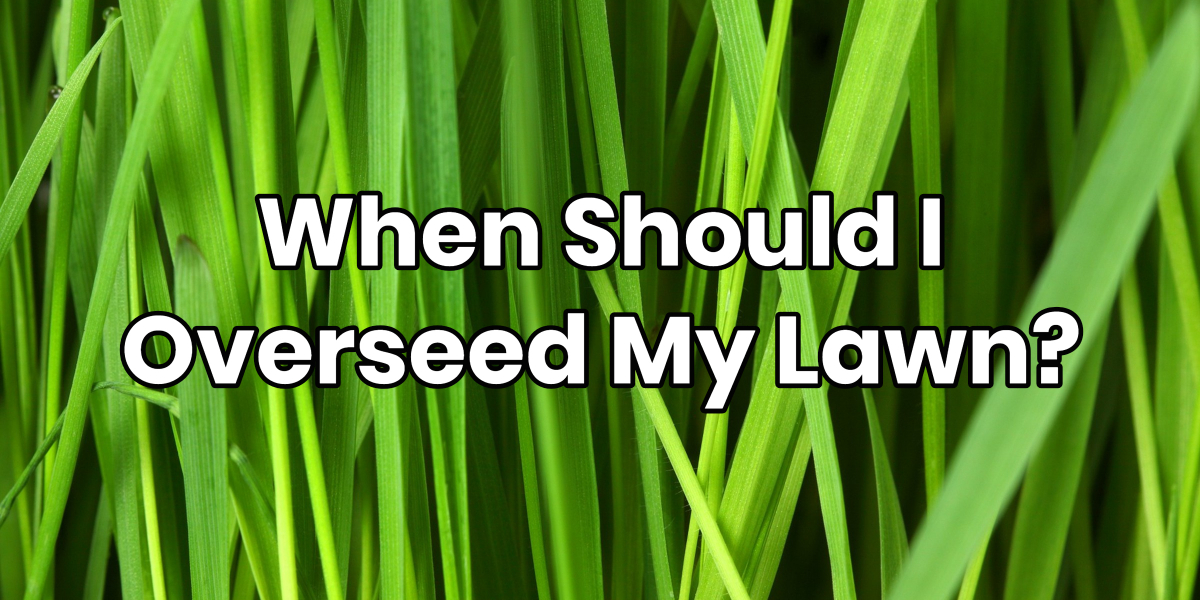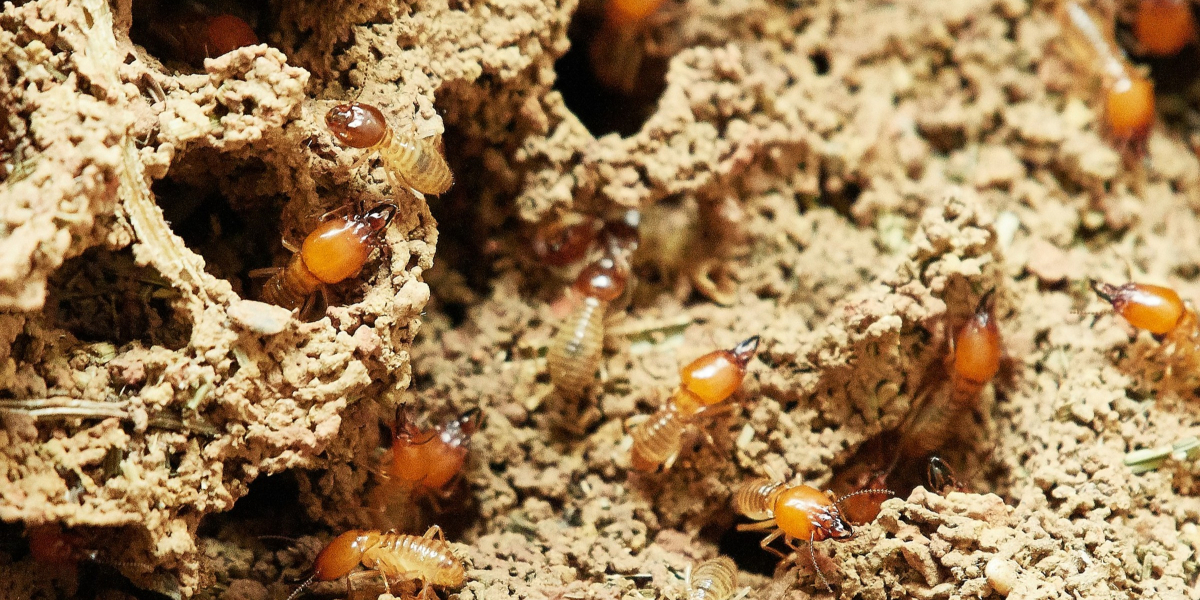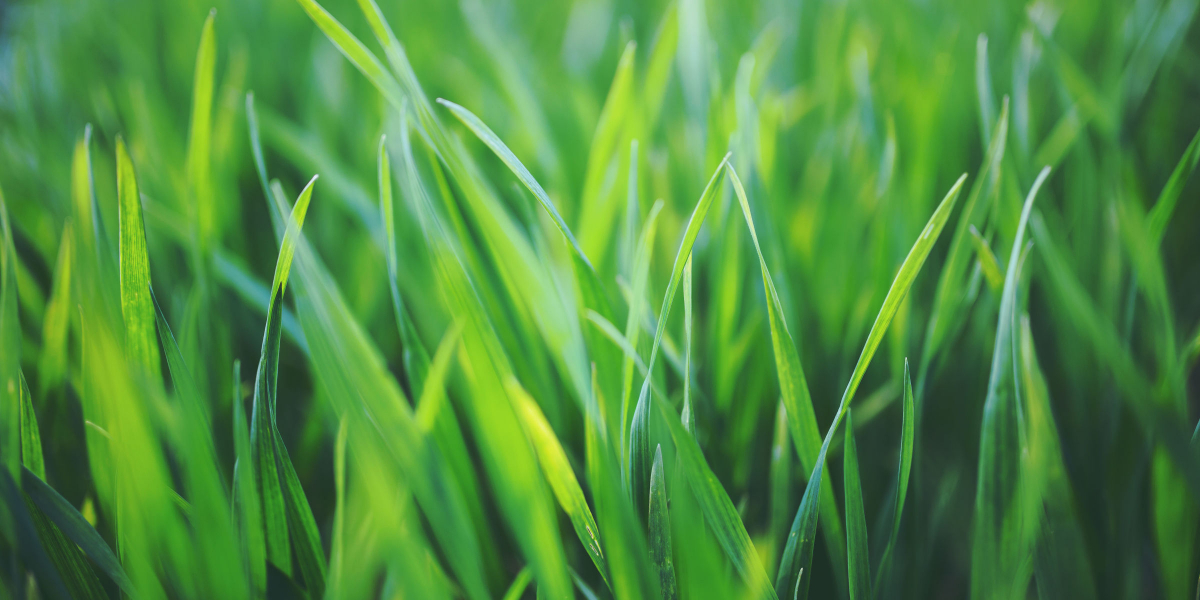Keeping your firewood supply well-stocked is key to making sure you’re warm and cozy all winter long. You may have your own supply of cut wood that you’ve been working to season, but it isn’t quite ready for burning yet. Or, your wood stove or fire pit is new this year, and you need to buy some firewood to get things going this season.
Whatever the reason you need to buy firewood, you may wonder: How is firewood priced?
There are 3 major factors that impact the pricing of firewood:
By Location
If you buy firewood that was cut closer to your home, you can expect to pay less than firewood that was cut elsewhere. This makes sense, as when you buy the firewood from far away, you’re paying for the cost to ship it.
To find better prices on firewood, purchase from local businesses as opposed to large hardware stores or gas stations. The local companies are more likely to source their firewood nearby, while chain stores, gas stations and individual sellers could get their wood from anywhere and quantities are usually not standard.
By Type
Some consumers prefer the way certain woods burn and purchase their firewood by species. Purchasing single-species firewood is almost always going to be more expensive than purchasing a mixed bundle, but the price is very dependent upon the supply in your area and the type of wood you choose.
By Amount
When purchasing firewood, you’ll often be asked whether you want a half-cord, cord, or some other measurement. A cord is 128 cubic feet of firewood, and it can be stacked in a variety of ways. This measurement is standardized to help ensure that people are getting a fairly similar amount of firewood no matter where they purchase it.
Getting the Best Price on Firewood
Now that you know the three factors that contribute to the price of your firewood, you may be wondering the way to get the best price on it.
Purchase standardized measurements: If you won’t need a lot of firewood in a season, it can be tempting to purchase a non-standard measurement such “whatever fits in the back of a pickup”. The standardized measurements help you know exactly how much you’re paying, whereas a non-standard measurement could mean you’re getting overcharged.
If you don’t think you’ll use all the firewood in your half-cord, for example, either find a dry place to store it until next year or split the measurement with a friend or family member who also needs a small amount of firewood.
Buy mixed-species firewood: Unless you have a very specific reason you want a certain species of wood (hickory’s great for smoking, for example), going with a mixed-species firewood purchase is going to keep your costs lower than buying one species.
Use a local, licensed company: Purchase firewood that comes from as close to your home as possible. This firewood doesn’t need to be shipped long distances, which should keep costs down. Buy with confidence from a company licensed for retail sales.
Local Firewood for Sale in Central Maryland
At Colony Supply Center, we take providing high-quality local firewood seriously. Colony Supply Center sells seasoned hardwoods – mostly oak, but your cord may include cherry, locust and hickory as well. Purchase your firewood by the cord, half-cord, 1 cubic-yard bucket, or 7-piece bag to meet your needs. Delivery is free for a half-cord or more within 25 miles of our store. Call today to place an order or stop by our store!







